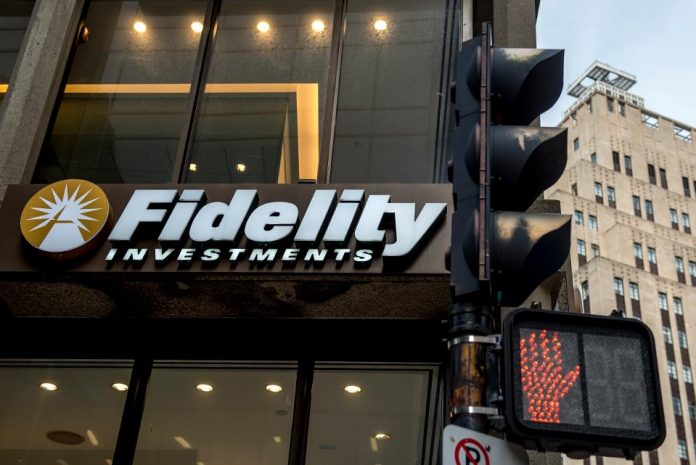Fidelity investments is creating a company focused at bringing cryptocurrencies to institutional investors.
Referred to as Fidelity Digital Assets, the corporation will offer the following services
• 24/7 Institutional advising services
• Enterprise-grade custody solutions
• Cryptocurrency trading execution platform
Fidelity Investments offers over 13,000 institutional advisory firms and brokers, its custody, clearing and investment services, as well as financial services for $7.2 trillion in customer services. However, its exposure to cryptocurrencies has been limited to few peripheral services and through donations.
As the first customers of the Fidelity Digital Assets are on boarded and the start of 2019 slated for it’s availability, the latest and largest drive into the cryptocurrency space by an asset manager is seen in the launch of its subsidiary having 100 employees.
Tom Jessop (Fidelity Digital Assets Funding head) says: “This is a recognition that there is institutional demand for these assets as a class. Family offices, hedge funds, other sophisticated investors, are starting to think seriously about this space.”
As announced, three major services will be provided by the Fidelity Digital Assets. The most important being offering custody for digital assets especially for Bitcoin and Ether. This service is offered in order to enable institutional investors to safeguard their assets with the aid of a physical vault.
Other services to be offered include: smart order router which will make use of multiple third party cryptocurrency liquidity suppliers in carrying out trades and trade execution services. Fidelity Digital Assets, to help with the onboarding process, will provide a client services team, very dedicated to helping institutions that are new in the cryptocurrency space.
Tom Jessop will be in charge of the cryptocurrency spinoff. He was once Fidelity’s head of corporate business development. He returned to the company with the sole purpose of ensuring that there is progress in the company’s digital asset offerings. As president, Jessop will offer a similar bridge between blockchain applications and institutions.
He will however focus on cryptocurrency, and a wide range of other assets issued on a blockchain in the near future. He said: “Our clients are thinking about this as an investable asset class. They’re doing their research, they’re developing a thesis around why these tokens may have value in the future, and that’s really driving a lot of interest.”
The company’s experiments with blockchain technology started back in 2013 when it secretly launched its blockchain incubator. It also started accepting Bitcoin donations in 2015.
In 2017, Fidelity through an integration with coinbase, gave clients the opportunity to view their cryptocurrency balance. Although they couldn’t trade using the user interface of Fidelity. This integration led many into thinking that Fidelity was set to develop its own cryptocurrency exchange.
It didn’t come as a surprise when Fidelity found a partnership with MIT Digital Currency Initiative to host the first Layer 2 Summit, which was focused on research and protocols built to look into issues regarding scalability of blockchain assets.
The set time of this launch is great and this is why:
• Since Bitcoin’s peak in 2017, there has been a drop in its price by 68%.
• The drop in price has given skeptics new ammunition who have for long failed to believe the use cases and scalability of Bitcoin.




